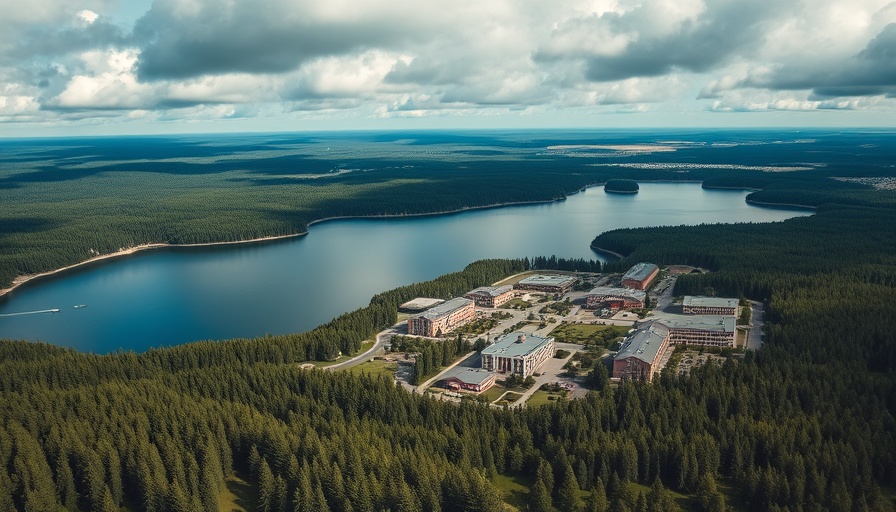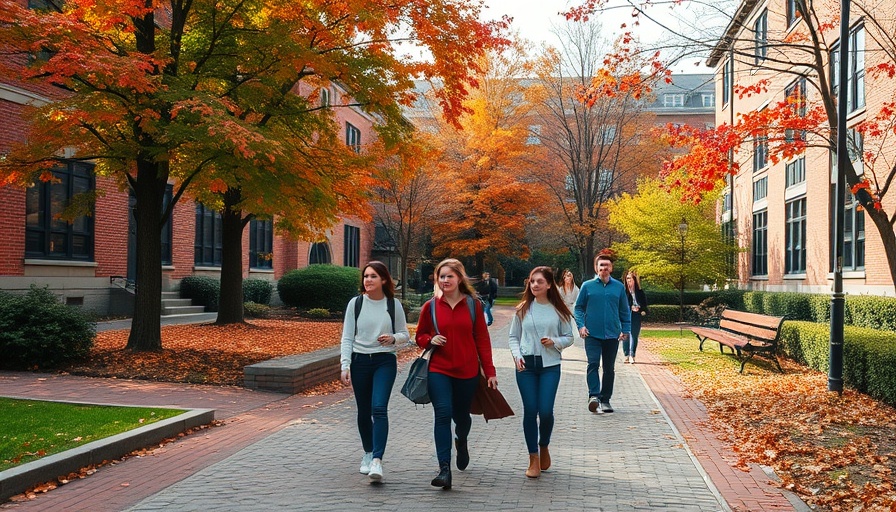
Celebrating Leadership in Climate Science
This week, two distinguished professors at the Lamont-Doherty Earth Observatory have been honored for their pivotal contributions to climate science. Robin Bell has been named the Marie Tharp Lamont Research Professor, while Richard Seager has been appointed as the Ewing Lamont Research Professor. These appointments highlight the essential work being done to understand polar ice sheets and global hydroclimate changes, issues that are crucial in today’s climate dialogue.
Profiles of Pioneering Researchers
Robin Bell has dedicated her career to studying Earth’s ice sheets through innovative technologies. Since joining Lamont as a graduate student in 1982, Bell has not only advanced our understanding of climate impacts on coastal communities but has also championed diversity within the scientific community. Her dedication to promoting women in science is evident through initiatives like the visiting fellowship named in honor of Marie Tharp, the first female scientist to revolutionize oceanography with her bathymetric maps.
Similarly, Richard Seager, who also started at Lamont in the 1980s, investigates climate variability and change, exploring how these factors influence ecosystems, water resources, and even societal dynamics, such as migration. His interdisciplinary approach integrates insights from agriculturists and health scientists, underlining the multifaceted nature of climate challenges today.
The Importance of Their Work in Today’s Climate Crisis
As global warming continues to pose threats to our ecosystems and communities, the research led by Bell and Seager becomes increasingly significant. Understanding the dynamics of ice sheets can help coastal regions brace for sea-level rise, while insights into climate impacts on agriculture can prepare our communities for future challenges.
Beyond their specific contributions, both professors are committed to elevating the voices of younger scientists, ensuring that a new generation is ready to tackle these critical issues. Their recent recognitions are not merely personal achievements but also milestones for the scientific community, emphasizing the need for continued investment in climate research.
Local Impact: Why Seattleites Should Care
For those in the Seattle area, the implications of Bell's and Seager’s work resonate deeply. As a coastal city, Seattle faces risks associated with rising sea levels and changing weather patterns. Engaging with their research can help local communities adapt and innovate, encouraging sustainable practices and policies that benefit both individuals and the broader environment.
Furthermore, as Seattle emphasizes eco-friendly initiatives, the groundbreaking work of these scientists can inform local actions and inspire a communal approach toward sustainability.
Building a Sustainable Future
Robin Bell and Richard Seager exemplify what it means to lead in the face of climate adversity. Through their pioneering research, they equip us to understand and tackle the complexities of climate change, acting not only as scholars but as advocates for a better future.
As you reflect on their journeys and achievements, consider what role you can play in promoting sustainability within your own community. Whether it's adopting eco-friendly practices, supporting science education, or advocating for climate policy, every action counts toward a healthier planet.
 Add Row
Add Row  Add
Add 




Write A Comment